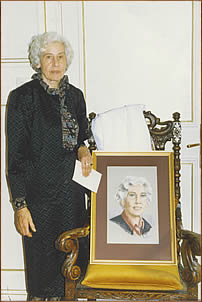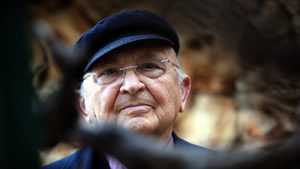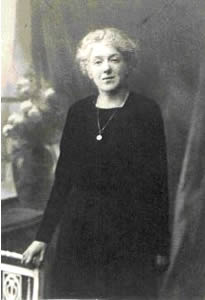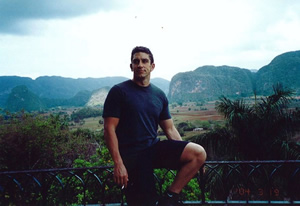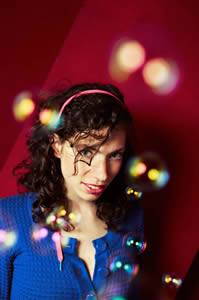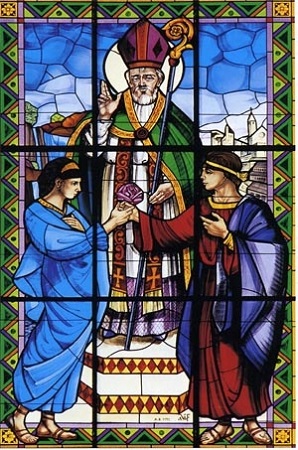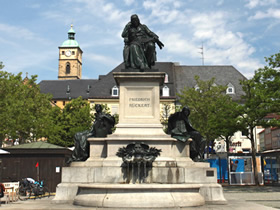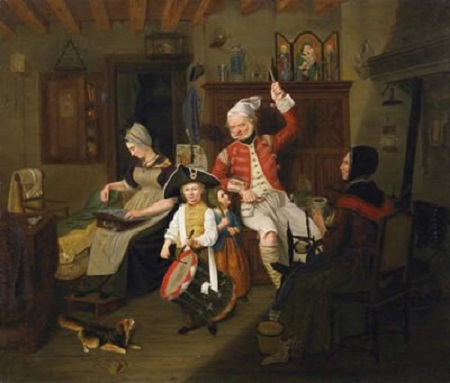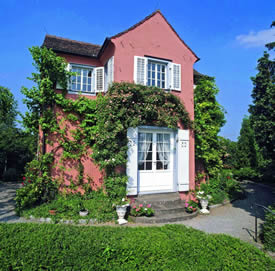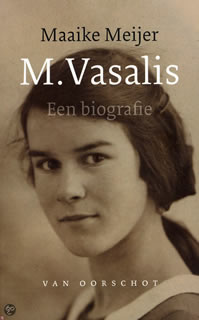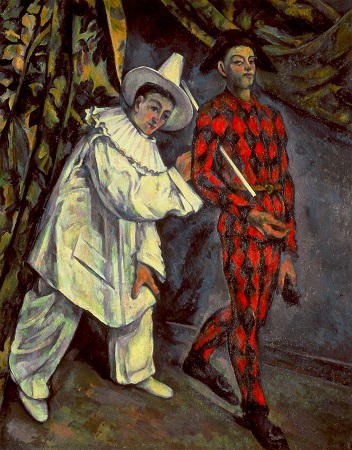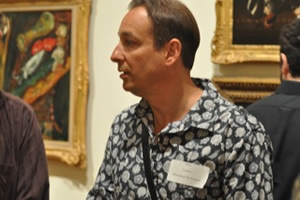Dolce far niente
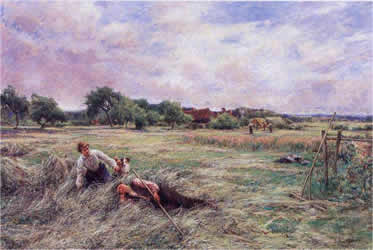
“Wake Up You Lazy Boy” door Florence A. Saltmer, 1907
Lazy
Some men enjoy the constant strife
Of days with work and worry rife,
But that is not my dream of life:
I think such men are crazy.
For me, a life with worries few,
A job of nothing much to do,
Just pelf enough to see me through:
I fear that I am lazy.
On winter mornings cold and drear,
When six o’clock alarms I hear,
‘Tis then I love to shift my ear,
And hug my downy pillows.
When in the shade it’s ninety-three,
No job in town looks good to me,
I’d rather loaf down by the sea,
And watch the foaming billows.
Some people think the world’s a school,
Where labor is the only rule;
But I’ll not make myself a mule,
And don’t you ever doubt it.
I know that work may have its use,
But still I feel that’s no excuse
For turning it into abuse;
What do you think about it?
Let others fume and sweat and boil,
And scratch and dig for golden spoil,
And live the life of work and toil,
Their lives to labor giving.
But what is gold when life is sped,
And life is short, as has been said,
And we are such a long time dead,
I’ll spend my life in living.
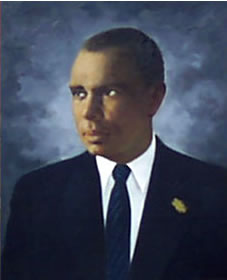
James Weldon Johnson (17 juni 1871 – 26 juni 1938)
Zie voor de schrijvers van de 17e februari ook mijn blog van 17 februari 2012 deel 1 en eveneens deel 2.

